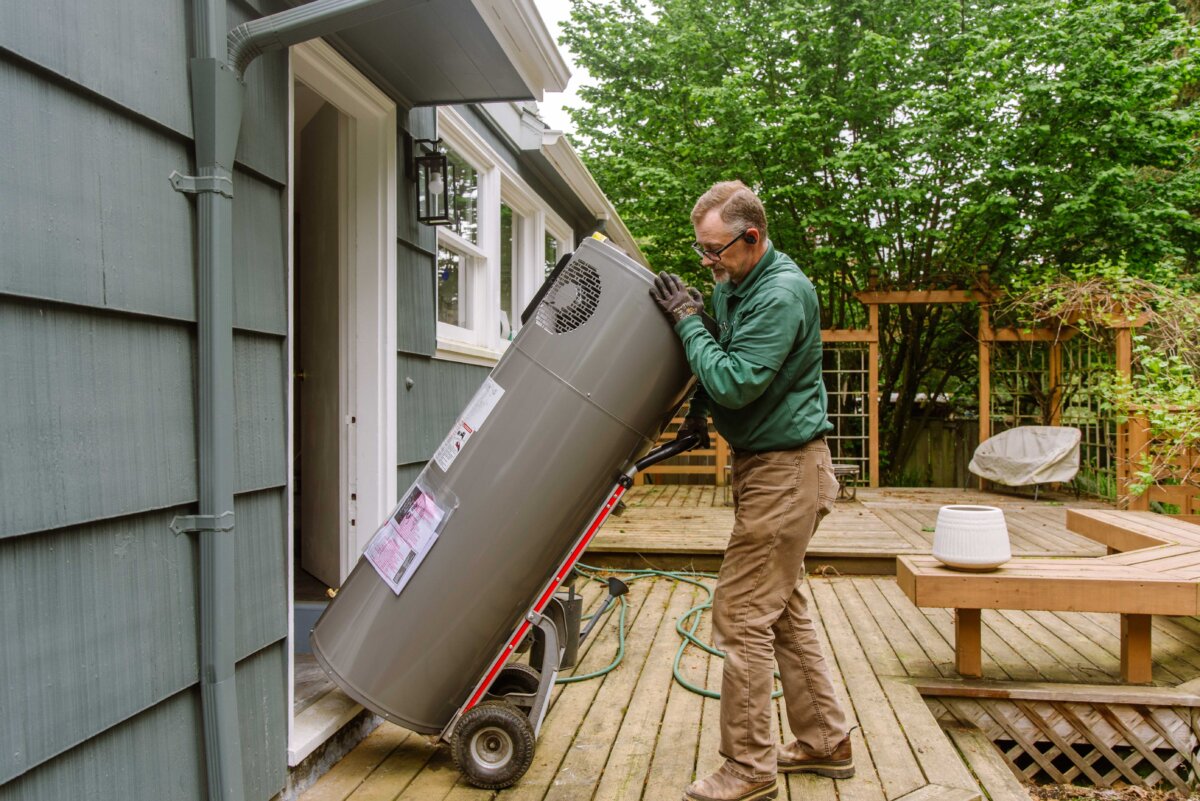
In 2029, a new Department of Energy (DOE) standard will require most electric storage water heaters to use heat pump technology, marking a significant shift for the industry.
This move will lead to increased heat pump water heater (HPWH) installations and more opportunities for trained installers. The DOE anticipates annual HPWH units shipped to rise from 141,000 in 2022 to 3 million after 2029.
In the Northwest, HPWHs are already gaining traction: currently, these efficient units represent 18% of electric water heater sales in the region, compared to just 3% nationally.
As manufacturers introduce new products that comply with the standard and costs stabilize, HPWHs will be more accessible to consumers than ever. According to estimates, the market share for HPWHs is expected to grow to 61% with this new rule, creating a surge in demand for experienced installers.
Additionally, interest in HPWHs is increasing as consumers become more aware of their benefits —including $550 average annual savings, a 10-year warranty, smart features like leak detection and vacation mode, and lower greenhouse gas emissions—and can take advantage of local utility incentives and the federal tax credit.
Installers who get ahead of the curve by becoming knowledgeable about HPWHs and incorporating them into their work will gain a clear competitive advantage. They'll be well-positioned to meet consumer demand for HPWHs.
Enroll in Hot Water Solutions’ on-demand training now to learn more about how you can grow your business by offering HPWHs to your customers.